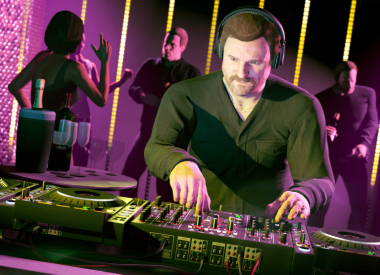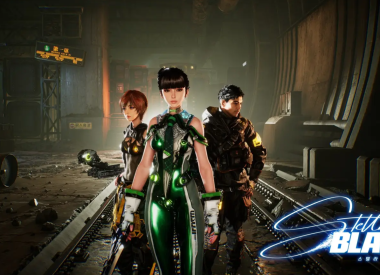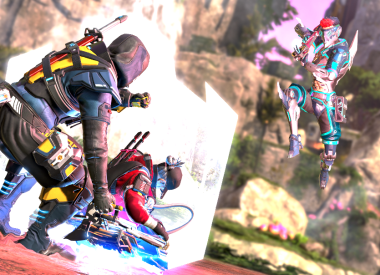Deus Ex: Mankind Divided is out on Aug. 23 (how fitting that a game all about augmented humans, or ‘augs,’ should come out in August), and the game continues the story of Deus Ex: Human Revolution. In the world of Deus Ex, humanity has become split into two groups: natural humans without physical or sensory enhancements, and those augmented with advanced physical technology. The latter group are fiercely discriminated against because of events at the end of Human Revolution, in what the game calls (not uncontroversially) mechanical apartheid. It’s a far cry from the situation in the real world—a world where the Deus Ex team is doing what it can to make prosthetic implants more accepted in everyday life.
Deus Ex And The Future Of Prosthetics
Deus Ex: Mankind Divided, like the rest of the series, is set in a cyberpunk science fiction quasi-dystopia. The “augmentation” science of today is largely, but not entirely, limited to medical and therapeutic purposes. In partnership with the launch of the game, Square Enix and Deus Ex hosted the Human X Design event, an academic conference about the future and present of human augmentation. Deus Ex largely kept itself out of the spotlight and let the academics and entrepreneurs on stage speak for themselves, but the company did reveal a unique partnership it’s working on—one that’s truly admirable.
As discussed in the Human X Design conference, modern limb prosthetics are quite advanced—nowhere near where they are in the game, of course—but they have a problem. They are overwhelmingly and almost universally clinical. Prosthetic limbs look like medical devices. Whether they’re simple hooks or more advanced models, the form of the devices is exclusively defined by their function. They don’t tend to be pretty. And this can be a point of difficulty for users of such devices—they make people stand out in the crowd and can lead to of teasing and social difficulty, especially in children—as recounted poignantly at the event by Cathrine Disney, an artist who has worn prosthetics of one kind or another almost since birth.
Some companies are trying to change this overtly medical and clinical approach, among them Open Bionics—a company that’s trying to dramatically bring down the cost of prosthetics while also improving their quality-of-life functionality and aesthetic appeal. The speakers at the conference compared medical prostheses with eyeglasses—another medical device (no, really!) that’s not just common and accepted, but a point of high fashion.
That’s why Deus Ex and Open Bionics embarked on an unusual partnership to create two functional, real-life prosthetics modeled after the Deus Ex universe. One is based on Adam Jensen’s arm; the other is more generally inspired by the game’s aesthetics. The bionic arms aren’t being mass-produced or sold or anything like that; they’re a statement. And that statement is that prosthetics don’t have to be clinical. Like other medically necessary devices, such as glasses, they can still express the style and personality of the user. Disney demonstrated one of the arms at the event and spoke about how it made her feel—and how much she wished she had something like it as a child. It’s not about making a promotional product, but of using the power of the Deus Ex brand to promote a good cause—and to help to normalize a condition that is still a little stigmatized. Regardless of the future of the technology behind them, let’s hope that cultural acceptance is the true future of prosthetics.

















